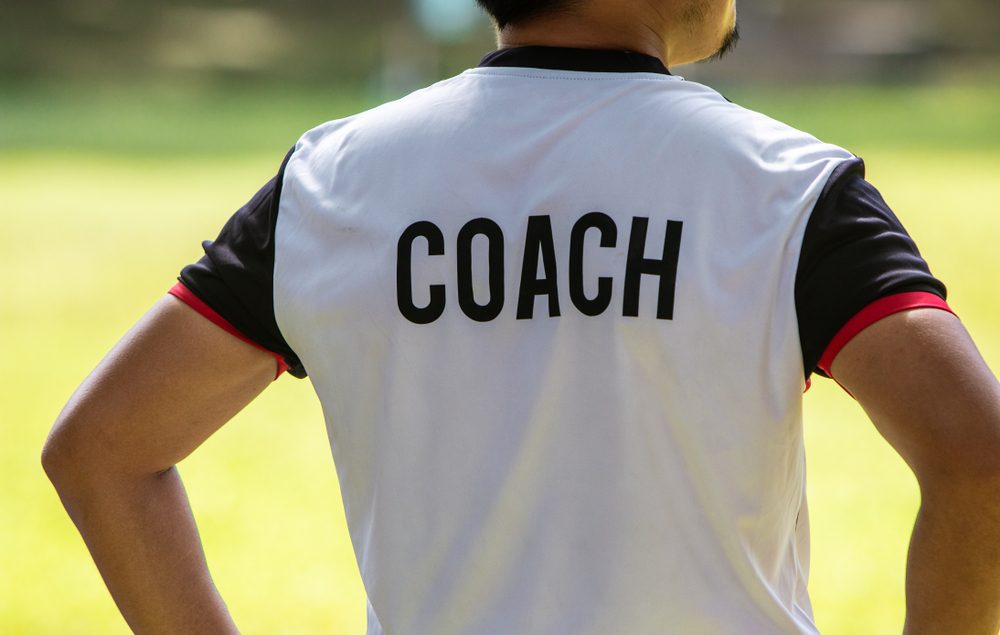Seek first to understand, then to be understood
On 'comment culture' and our eagerness to speak first and listen later.
Last month I wrote a post for a personal blog that I have. It was an open letter to the new school Mums of 2020, and I was fortunate that the article was published on the Mamamia network. Mamamia then shared it to their Facebook page. They chose a heading that was a quote from the article. The headline was only a tiny piece of what I wrote, and it quickly became evident that of the 150 odd comments that soon followed, 95% of those commenting were commenting on the headline and not the article.
When something I wrote is published online I acknowledge that there can be comments, both negative and positive in response to what I’ve written. That’s kind of the point; to have an intelligent and diverse debate of opinions. But on this occasion the comment thread was littered with knee jerk responses that missed the point entirely. Some commentators who had read the article stated the obvious and suggested that people should read first before commenting.
Anyway, it turns out that this is what is referred to as “comment culture”, whereby people are invited to weigh in on issues where expertise is devalued and people are compelled to “write before they think.” This takes the thread down a rabbit hole of meaningless conversations and moral outrage entirely missing the original point that was being made. According to Mamamia’s Commissioning Editor it is something that they struggle with endlessly.
It would never occur to me to comment on a social media article had I not first read the article, but it made me think about what this translates to offline and into real life. Then I realised it is the very nature of what we’ve become. You could argue that social media and our phones are to blame. These platforms are changing the way our brains are working but perhaps it’s also the nature of what we have always been. In 1989 Stephen Covey wrote what was to become an international best seller, The Seven Habits of Highly Effective People. The premise was for the reader to understand perspective and that two people can see the same thing yet have a difference of opinion. The fifth habit, seek first to understand, then to be understood which you could simply translate as “there is always another side to the story.”
The use of social media has changed the way we communicate. Information is constant and instant, and people are moved to react and respond quickly and urgently without a taking a moment to stop and consider. The content is interactive and often contentious. Our social stories only tell what it is we say, and often they are flawlessly photographed and curated for our Instagram viewing.
We have become very quick to jump to a conclusion and make assumptions without truly understanding, and most people would agree that the comment culture on social media is largely to blame. The internet is loud and shouty, twitter is mostly argumentative and narky and other platforms encourage, promote and reward likes, shares and comments. No topic is exempt, no thought is immune. If you have an opinion and a keyboard you can become a self-proclaimed expert so suddenly expertise is devalued. Nothing is off limits – politics, pop culture, Jennifer Anniston’s fertility, climate change.
For those who are publishing content, comments become a measure of relevancy. The more discussion the more engagement. Which would be fine except that it seems people aren’t interested in having civilised dialogue or debate. They just want to see their own words and opinions aired. Reactive and immediate, virtue signalling and outrage and uproar without knowledge of the whole story and context to the narrative.
This is already problematic, but the real trouble with comment culture is the way in which it is permeating itself into real life. Our personal lives and into the workplace.
In recent times, much has been spoken of the importance and significance of emotional intelligence (EQ) and resilience in the workplace. No longer corporate speak or fashionable buzzwords, we can’t argue that these qualities are to be highly valued and help us to build and maintain relationships, to manage change and to cope when life tosses us around like a salad. It’s starts early, my current reading list includes “9 Ways to a Resilient Child.” But I’d like to add listening skills to this list of crucial competencies and specifically active listening which means “to fully concentrate on what is being said rather than passively hearing the message of the speaker.” To listen with all of the senses.
Ranting and venting is easy and sometimes even cathartic, but what is more respectful and more powerful is to listen and to understand. This doesn’t mean you have to agree, but rather seek first to understand, then be understood.









